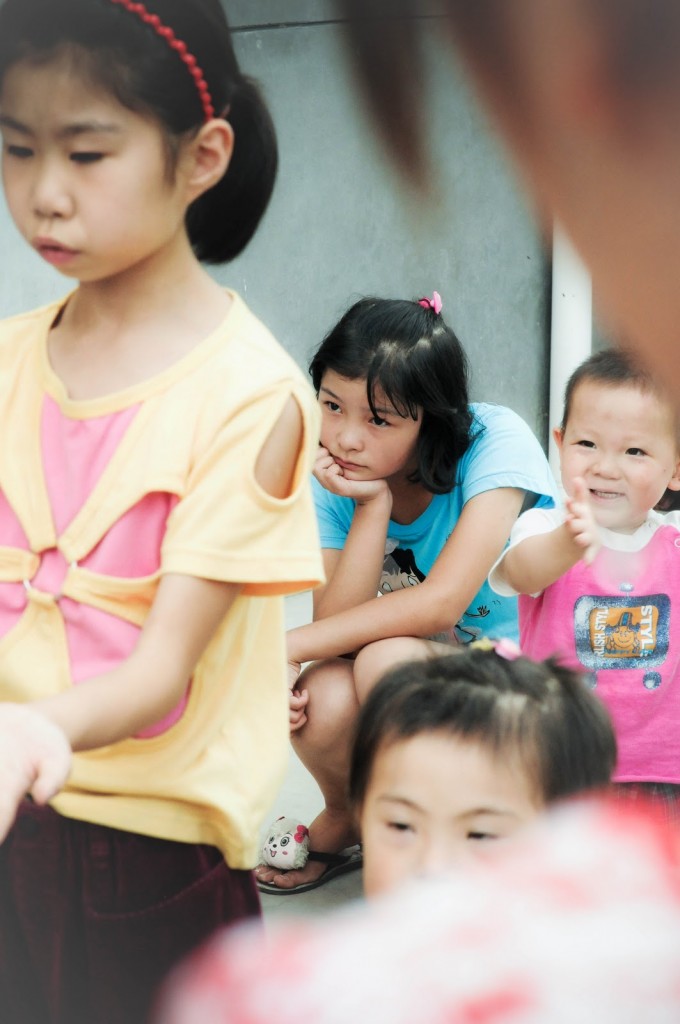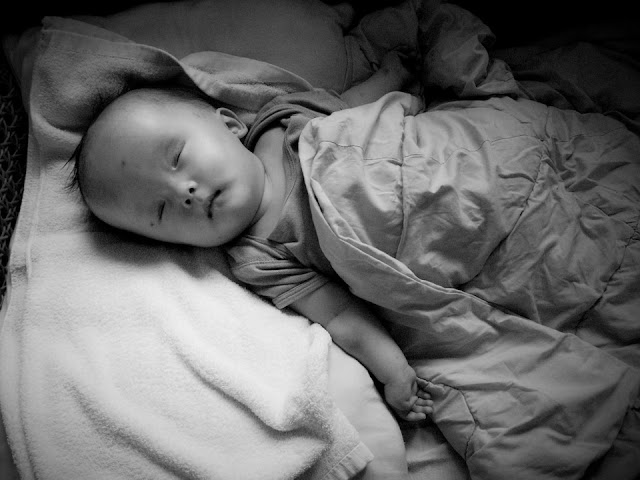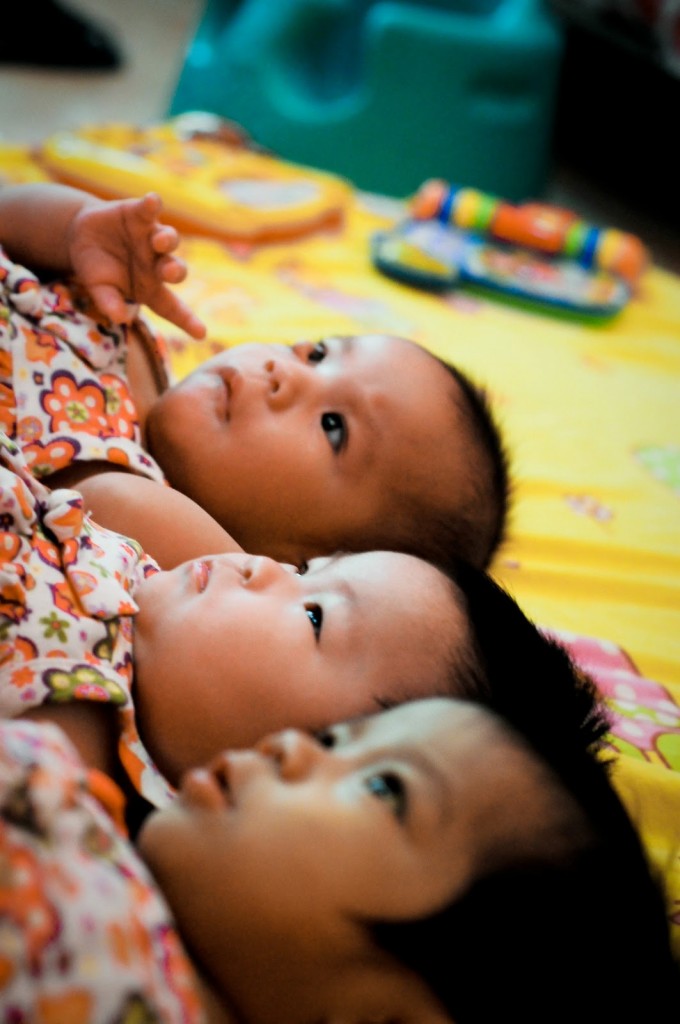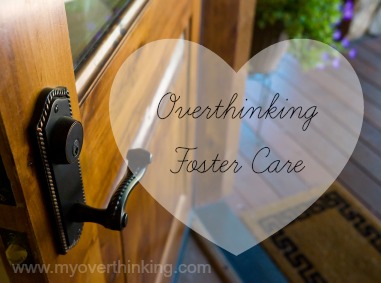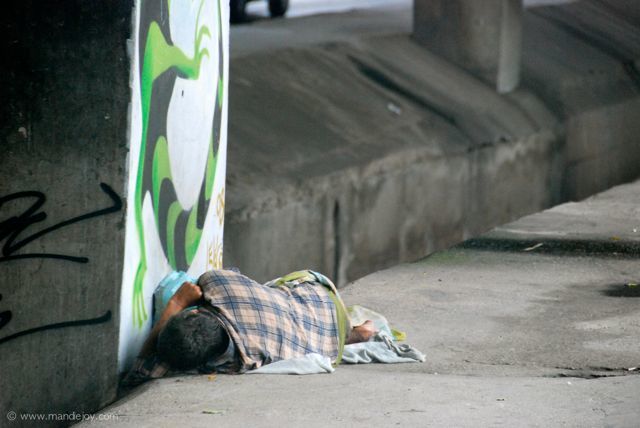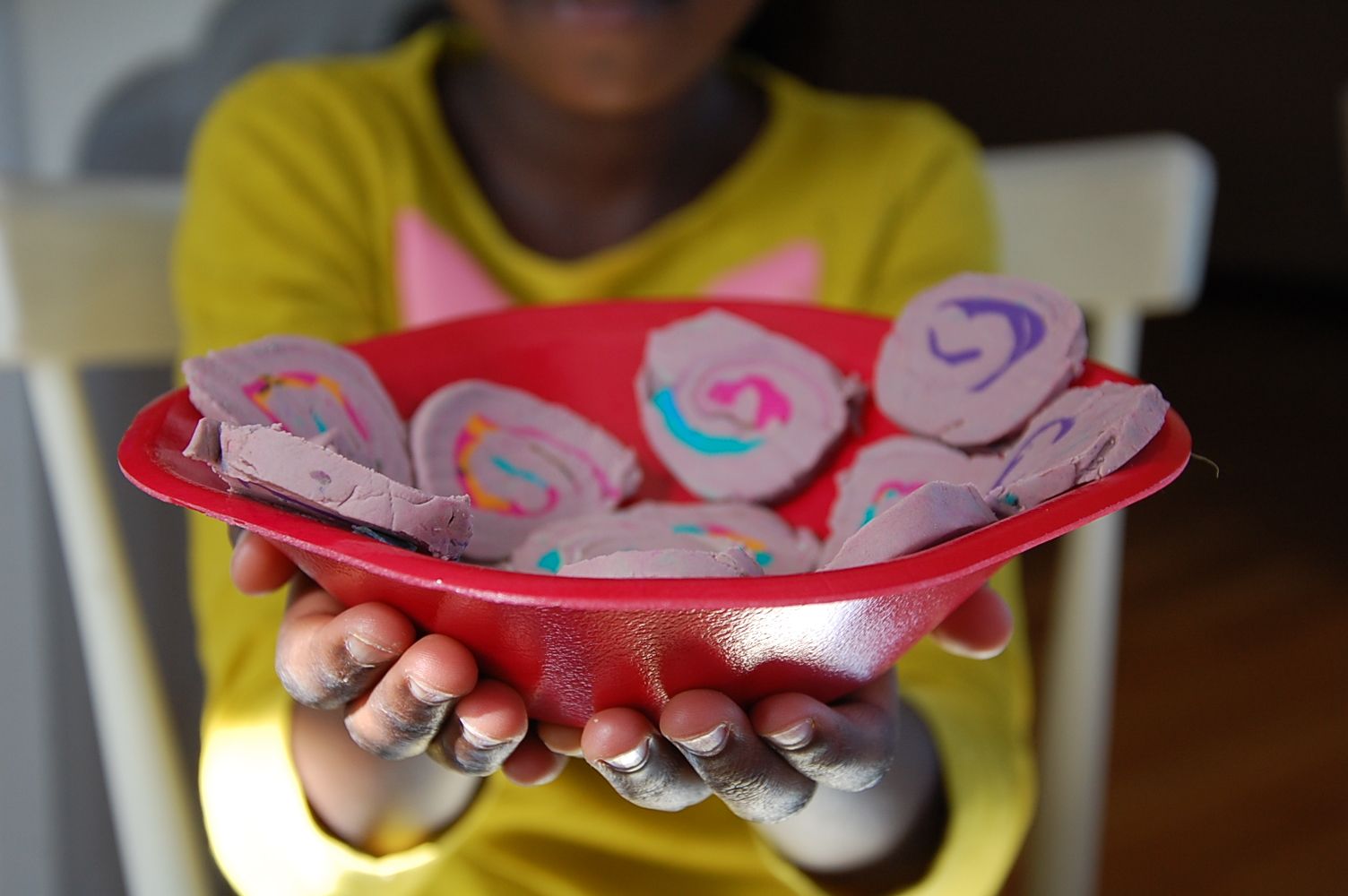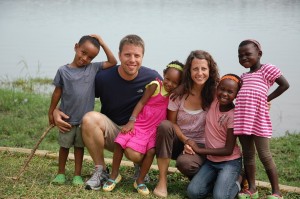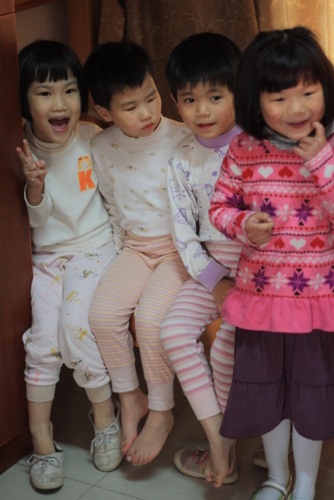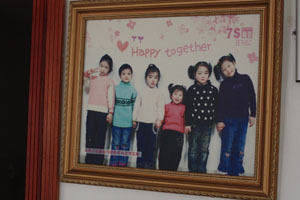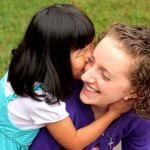
There are a lot of countdowns going on here—our biggest annual event Together Called is only days away, and our trip to China to serve at an orphanage pretty much immediately follows.
For months, the team has been raising funds, filling out paperwork, considering schedules and preparing logistically. We’ve been coming together on conference calls so we can work better together as a team, creating t-shirts so we look like a team, and going through material to grow us as we are a part of a bigger team. Some of us have already started packing bags, making sure we squeeze everything in and stay under 40 lbs. which can be a wee bit of a challenge for overthinkers like me. Regardless of who much overthinking we’re doing about those bags, we’re nearly on our way. On February 27th, we’ll be able to put everyone’s faces with the voices we’ve come to recognize from those conferences calls and get on a China-bound flight together.
Though our team numbers only 13 as we serve at an orphanage in Shaanxi, we know our team is exponentially bigger than that. Each one of the home teams of those 13 members from across the country makes this Visit and Serve team huge! What a comfort it is to know that while we may be the hands there doing the work through His grace, the rest of the body is supporting us and enabling us to be there. It’s so not just the 13 of us.
It’s not too late to be a part of the team. You may not be on that plane with us as we nervously chatter and try to cat nap as we’re able, but we want you there. And, you can be. We’re rallying our home teams to lift us up throughout our travel day February 27th-28th in very specific ways. Can you commit 30 minutes on that day to sit with us and advocate for us from your living room as you sip on a cup of coffee? Can you maybe do a harder thing and set your alarm to wake up in the middle of the night to do the same as we are still flying across the world?
Feel that nudge to join us? Email me. I’ll reply with some info for you and maybe my own form of nervous email chatter. Heading back to my daughter’s home city, meeting her ayis, holding the babies who are there waiting can produce some nervous chatter in me.
_________________________________

Forever changed by our experience of being adopted and adopting, Kelly is a stay-at-home mom/manager to 4 children and a professional juggler, juggling her calling as wife and mother with her secondary callings (editing and serving adoptive families through The Sparrow Fund). You can learn more about their adoption story, how they’ve been changed, and what life for them looks like on their personal blog, My Overthinking.

